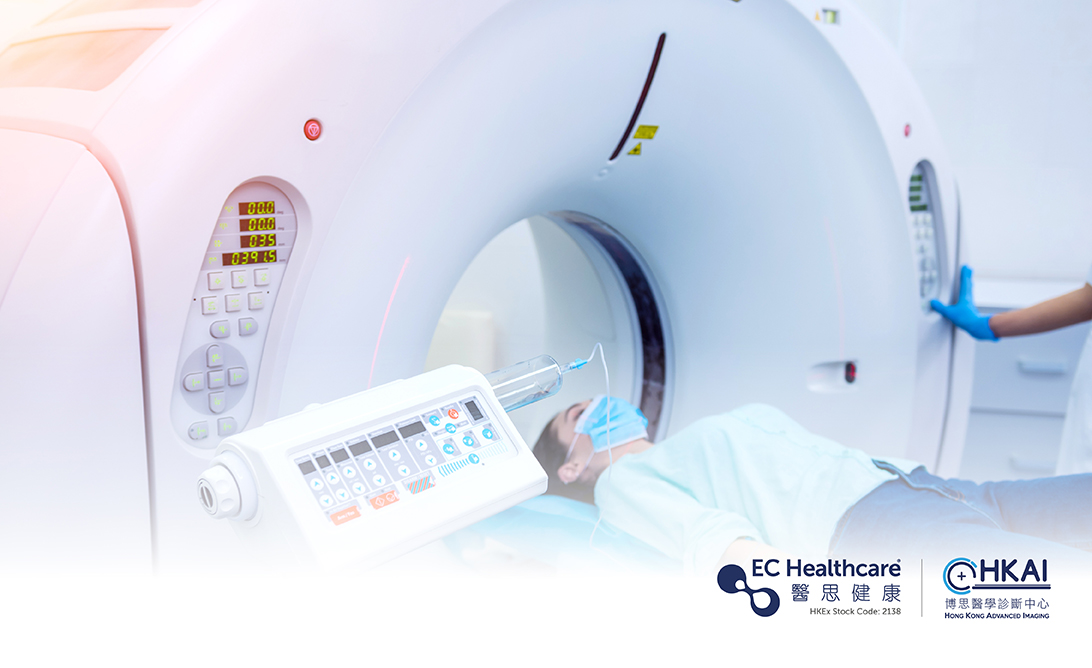Low-Dose Computed Tomography (LDCT) Facilitates Prompt Diagnosis and Treatment at the Early Stage


Everyone is at risk for lung cancer, especially high-risk groups such as chronic smokers, seniors older than 60, or people with close relatives diagnosed with cancer.
To effectively combat lung cancer, early diagnosis and treatment are key to a high recovery rate. If you are prone to lung cancer, you should receive LDCT regularly to effectively identify abnormal lesions in your body for prompt treatment to maximise the therapeutic effects.
What is LDCT?
LDCT Thorax is an imaging technology using a lower dose of X-ray to penetrate the human body and create an image with computer processing. Compared with a traditional X-ray scan, LDCT can take clearer pictures of body tissues and organs from more angles to create specific cross-sections or 3-D images. It is mainly used to diagnose lung diseases.
Although the organs appear to overlap under frontal scan, LDCT can create cross-sectional images that avoid overlapping areas, which helps clearly detect tiny lesions in the body, increasing the accuracy of the imaging test.
Can LDCT replace the traditional X-ray scan?
Since early-stage lung cancer is inconspicuous or even asymptomatic, many cases have already advanced to the late stage upon diagnosis. You should receive regular examinations to safeguard your health.
An LDCT is recommended as the diagnostic sensitivity of an X-ray scan is very low. It was reported that up to 90% of lung cancer cases were not identified in the first X-ray scan. Since the tumour in early-stage cancer is very small, it is often missed in examinations.
Yet, LDCT can clearly identify tiny lesions in the body with a low dose of radiation. 50% of patients may discover small nodules in their lungs through LDCT. Although the majority of them are benign granulomas, the scan can help doctors monitor their progression and formulate preventive measures accordingly. High-risk groups are therefore advised to receive LDCT once a year to accurately diagnose lung cancer at its early stage to improve recovery rate.
Related Brands







